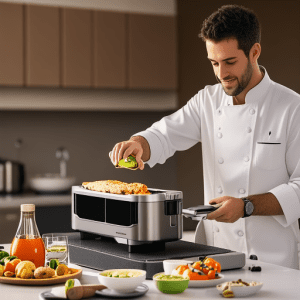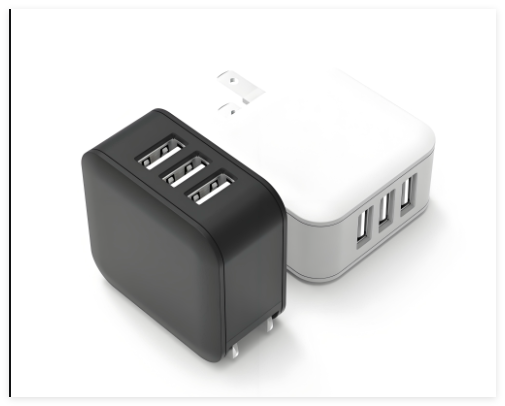How do smart home appliances help improve cooking efficiency?
Firstly, the proliferation of smart home appliances has undoubtedly brought great convenience to our daily lives. According to a report by the International Data Corporation (IDC), it is expected that by 2025, the shipment volume of smart home devices worldwide will reach 1.8 billion units, with a compound annual growth rate of 13%. This is not just an increase in numbers, but also a deep-rooted adoption of smart living styles.

In the field of cooking, the application of smart home appliances can be said to be a leap in the kitchen revolution. Imagine coming home after a busy day, and with just a preset cooking program through a mobile app, a smart rice cooker can automatically cook a pot of fragrant rice for you; a smart oven automatically adjusts cooking time and temperature based on the type and weight of the ingredients, ensuring delicious food; even a smart refrigerator can remind you when to replenish food based on the type and quantity of food stored, to avoid waste.
The use of these smart home appliances not only improves cooking efficiency but also makes our kitchen life healthier and more environmentally friendly. For example, smart induction cookers can automatically adjust the heat according to cooking needs, reducing energy waste; smart range hoods automatically adjust the wind force by sensing the concentration of cooking fumes, reducing energy consumption.
In addition, the data analysis capability of smart home appliances also provides strong support for improving cooking efficiency. By collecting users’ cooking habits and preferences, smart home appliances can provide personalized cooking suggestions, and even recommend suitable recipes based on the user’s health status, which to some extent promotes the development of healthy eating.
Of course, the development of smart home appliances also faces some challenges, such as data security and privacy protection issues, as well as the adaptability of users to the operation of smart home appliances. However, I believe that with the continuous advancement of technology and the improvement of industry standards, these issues will be properly resolved.
Finally, I would like to end my sharing with an ancient saying: “To do a job well, one must first sharpen one’s tools.” Smart home appliances are the “sharp tools” in our modern kitchens. They not only improve cooking efficiency but also make our lives more colorful. Let’s look forward to more surprises brought by smart home appliances!
Thank you, everyone!



Post Comment